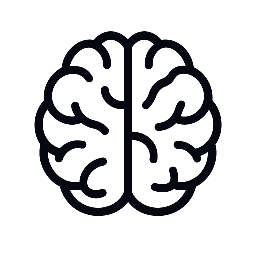
How to Recognise and Address PTSD in Loved Ones
Post-Traumatic Stress Disorder (PTSD) is a mental health condition triggered by experiencing or witnessing a traumatic event. It can affect anyone, including our friends and family members. Recognising the signs of PTSD and knowing how to support a loved one can make a significant difference in their recovery journey.
Recognising PTSD in Loved Ones
- Emotional Symptoms:
- Intense feelings of fear, anger, guilt, or shame
- Persistent feelings of sadness or depression
- Mood swings or emotional numbness
- Behavioral Changes:
- Withdrawal from social activities and relationships
- Avoidance of places, people, or situations that remind them of the trauma
- Increased irritability or aggression
- Difficulty sleeping or frequent nightmares
- Physical Symptoms:
- Fatigue or exhaustion
- Difficulty concentrating or memory problems
- Increased heart rate or hypervigilance (being overly alert)
- Flashbacks and Intrusive Memories:
- Suddenly, vivid recollections of the traumatic event
- Feeling as if the event is happening again
Addressing PTSD in Loved Ones
- Educate Yourself:
Understanding PTSD helps you empathise with your loved one’s experience. Learn about the symptoms and treatment options to provide informed support. - Encourage Professional Help:
Gently suggest seeking help from mental health professionals such as psychologists, psychiatrists, or counsellors who specialise in trauma. - Offer Emotional Support:
- Listen without judgment and validate their feelings.
- Be patient; recovery can be a long process.
- Avoid pressuring them to talk about the trauma before they are ready.
- Create a Safe Environment:
Make your loved one feel safe and supported at home. Reduce stressors and be mindful of triggers that may cause distress. - Support Healthy Habits:
Encourage regular exercise, balanced nutrition, and sufficient sleep, which can improve overall well-being. - Be Aware of Crisis Signs:
If your loved one expresses thoughts of self-harm or suicide, seek immediate professional help or contact emergency services. - Take Care of Yourself:
Supporting someone with PTSD can be challenging. Ensure you also seek support and maintain your mental health.
Conclusion
Recognising and addressing PTSD in loved ones requires compassion, patience, and knowledge. By understanding the symptoms and providing appropriate support, you can play a vital role in their healing process. Remember, professional treatment is essential, and your encouragement can help them take the steps toward recovery.


Leave a Reply